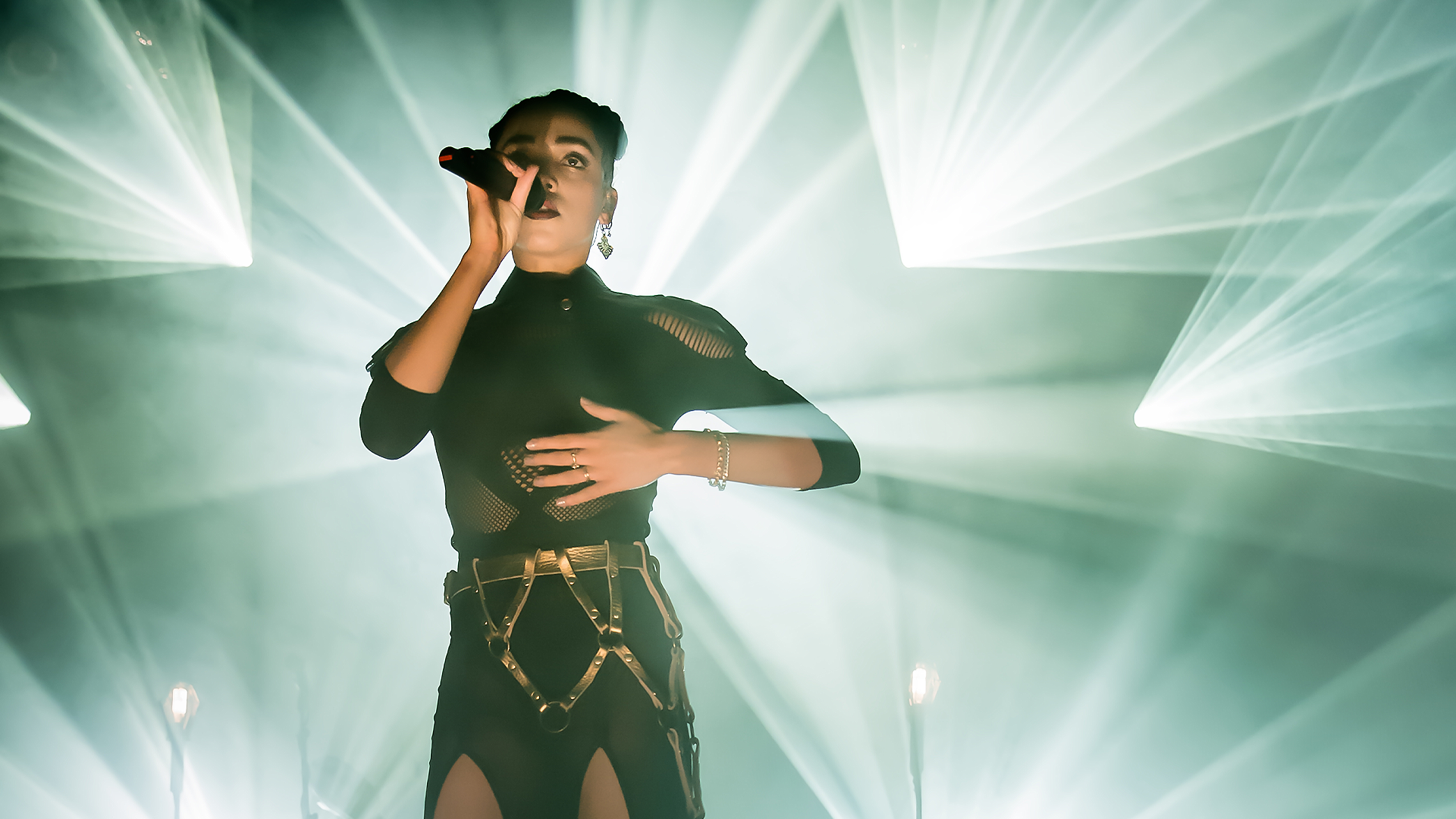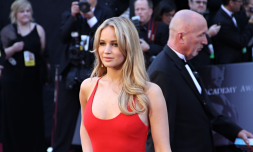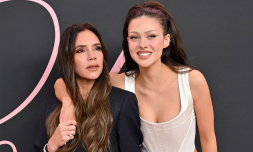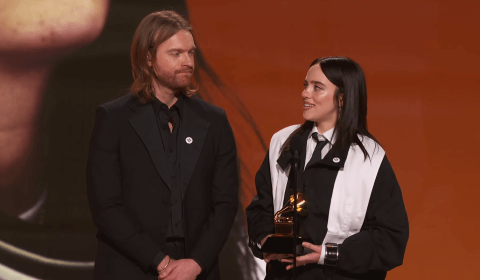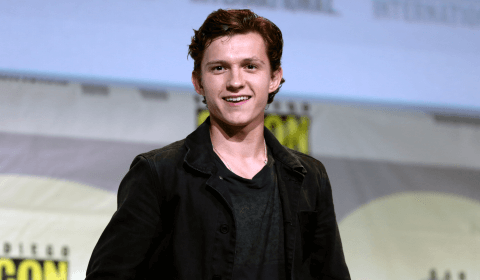The singer’s recent campaign with Calvin Klein faced backlash over her ‘partial nudity.’
‘I do not see the ‘stereotypical sexual object’ they have labelled me.’ These were the words pasted beneath an image of FKA Twigs, posted by the singer to her own Instagram page this week.
The photo features Twigs (as she is known by fans) partially covered by a shirt. The outline of her nude body is visible beneath.
Calvin Klein, a brand synonymous with pushing boundaries and challenging societal norms, was responsible for taking the image – part of a series for their latest campaign. But the photo of Twigs found itself at the centre of online controversy shortly after its release, and has since been taken down.
The cause of the backlash was Twigs’ ‘partial nudity,’ which – to the bewilderment of many – has ignited a heated debate about what is and isn’t ‘appropriate’ in advertising.
Whether you are offended by the (emphasis here – PARTIALLY) naked body of a woman or not, Calvin Klein’s decision to remove the campaign images has revealed a striking double standard latent in the media industry.
View this post on Instagram
Just a week before Twig’s images were released, Calvin Klein launched a similarly (if not more) provocative campaign starring actor Jeremy Allen White. Unlike the former, White’s stills and videos have gone viral for all the right reasons, drawing huge traction online and major applause from those in the advertising industry.
The stark contrast in public perception has raised important questions about the persistent bias faced by women – and in particular Black women – in the media.
The media industry has a long history of perpetuating stereotypes and double standards for people of colour.
Twigs’ experience with Calvin Klein is just the latest example of the disparity in treatment based on race and gender. The fact that her images were deemed ‘too sexual’ while a parallel campaign featuring a white male artist faced no such backlash is a glaring illustration of the imbalance within the industry.
While Jeremy Allen White’s campaign was celebrated and embraced across the internet, Twigs faced swift censorship and removal. This dichotomy is not only disheartening but also highlights the racial and gender biases that continue to shape our perceptions of beauty and acceptability.









